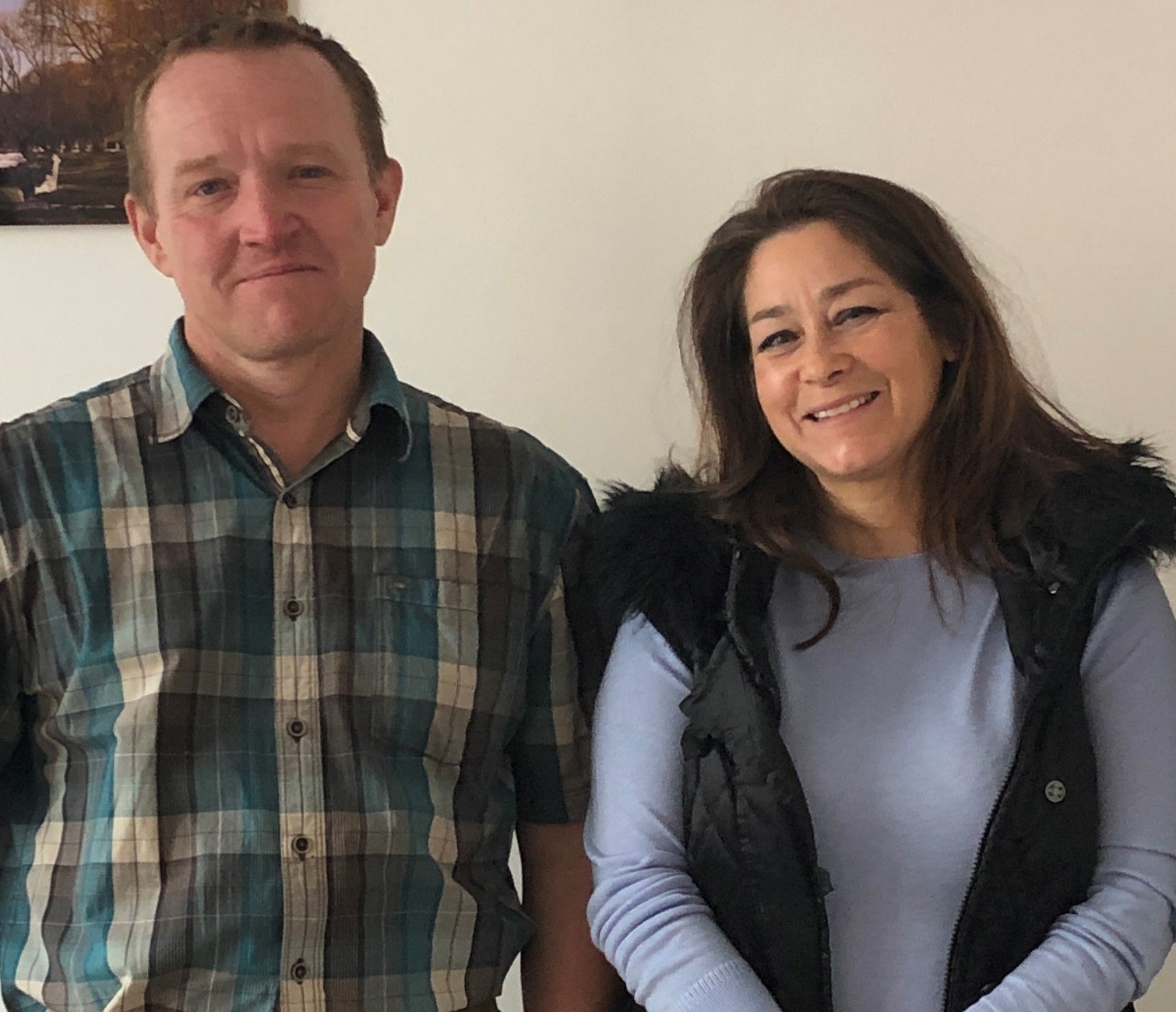A parent of a current ILR student explores her own Cornell interests.
When Joan Spiegel, a Cornell parent, saw the image of the big, white cat, funding fieldwork aimed at conserving snow leopards suddenly seemed a compelling and appropriate thing to do.
She learned about Wildlife Health Cornell and the work of Martin Gilbert, senior research associate in the Department of Population Medicine and Diagnostic Sciences, through Cornell’s Ezra magazine. Gilbert researches the health of wildlife—particularly carnivores and scavengers. He travels the world for important fieldwork aimed at conserving highly-threatened species. Responding to the article in Ezra, Spiegel made a gift to support his fieldwork.
“If I could make a difference, it seemed an easy thing to do and like it had a very large impact on Dr. Gilbert’s program. He was pleased and that made me very happy,” says Spiegel.
Spiegel’s son, Jacob, is a second-year student at the ILR School. She is a medical doctor and teaches in the residency program at Harvard Medical School. Wildlife health is far different from the topics of industrial and labor relations but one thing Spiegel and her son have in common: intellectual curiosity.
“Ever since I was a child, I’ve loved animals. It may have pleased my parents more to head into human medicine,” says Spiegel, “but I always kept that love for animals and nature with me. If I can make a difference not only with humans but with animals, it’s doubly rewarding.”
On a recent visit to campus, Spiegel met with Gilbert and other Cornell faculty while spending time with her son.

“Dr. Gilbert was exhausted, having just returned from Indonesia, and he was very gracious to meet with us,” she says. “And it was great for us to meet the man who is doing all of this exciting work for Cornell.”
She also found time to tap Cornell expertise on another passion of hers: beekeeping. Over breakfast, she and Thomas D. Seeley, Horace White Professor of Biology in the Department of Neurobiology and Behavior, dove into the challenges to modern beekeeping including overwintering bees in the northeast. Spiegel has practiced bee keeping for six years, learning by doing. She has two small apiaries in Massachusetts, one coastal and one in the country.
Ever since I was a child, I’ve loved animals. It may have pleased my parents more to head into human medicine, but I always kept that love for animals and nature with me. If I can make a difference not only with humans but with animals, it’s doubly rewarding.
One beekeeping lesson: bigger is not always better. “Matching the number of hives to the quantity of forage you have is key,” she says. “We are now reducing our hives and getting a better outcome that way.”
Thanks to her conversation with Seeley, who has written several books about bees, Spiegel is also looking forward to learning how to track bees, finding where wild hives are and what the bees are foraging on. “It’s just another fascinating thing about bees. You cannot imagine how cool they are,” she says, “I’m profoundly grateful I got to meet Professor Seeley.”





